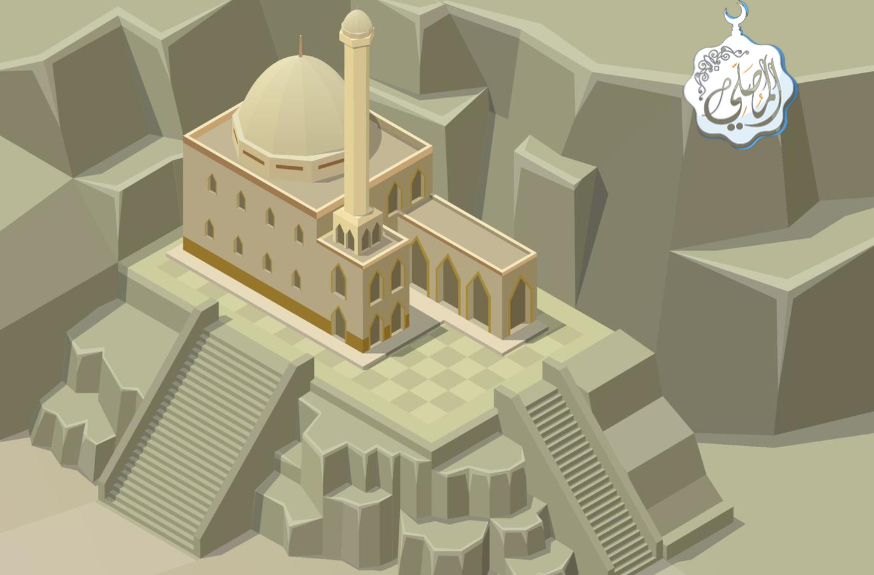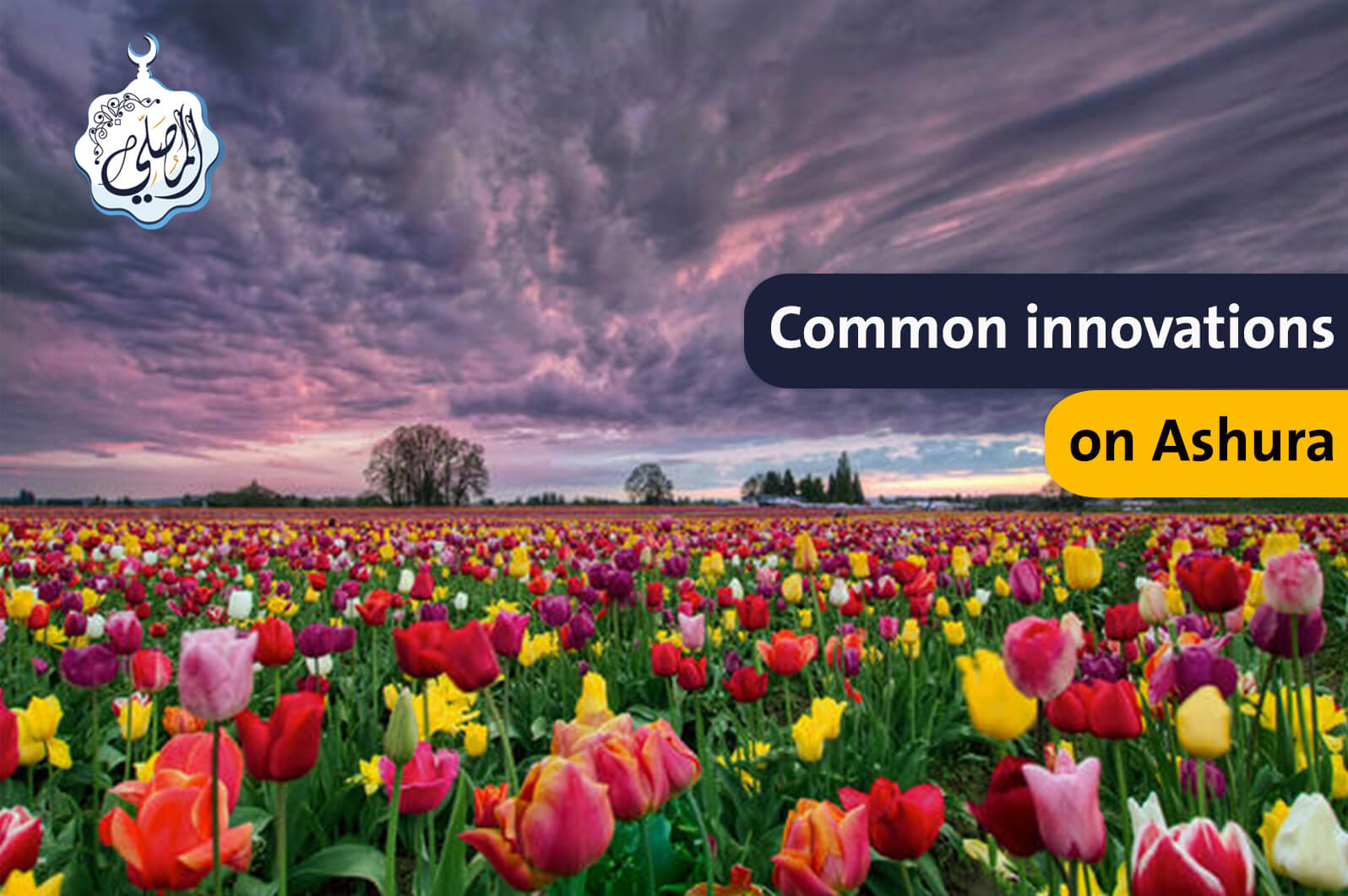
The Islamic Golden Age, spanning roughly from the 8th to the 13th centuries, stands as a testament to the intellectual and scientific prowess of Muslim scholars. It was a period marked by unprecedented advancements in various fields of knowledge, from mathematics and astronomy to medicine and philosophy. This era witnessed the establishment of prestigious institutions of learning, such as the House of Wisdom in Baghdad, which became hubs for translation, research, and intellectual discourse.
The Quran as a Catalyst for Knowledge
The Quran, the holy book of Islam, served as a powerful catalyst for intellectual pursuit. Verse after verse encourages contemplation and exploration of the universe. Allah, the Exalted, says in the Quran:
“Say: ‘Travel through the earth and observe how Allah originated creation; then Allah will produce the latter growth. Indeed, Allah, over all things, is Able.’” (Quran, 29:20)
This divine command inspired Muslim scholars to embark on journeys of discovery, leading to groundbreaking achievements in various scientific disciplines.
Pioneering Discoveries in Mathematics and Astronomy
Muslim mathematicians made significant contributions to the field of mathematics. Al-Khwarizmi, a renowned Persian mathematician, introduced the concept of algebra, a word derived from his book "Al-Jabr." His work laid the foundation for modern algebra and is still studied today. Other notable mathematicians include Abu Kamil, who advanced algebraic methods, and Omar Khayyam, who made significant contributions to geometry and algebra.
Astronomy was another field where Muslim scholars excelled. They built observatories, developed sophisticated instruments, and accurately calculated astronomical phenomena. Ibn Sina (Avicenna), a polymath, wrote extensively on astronomy, including the movement of celestial bodies and the structure of the universe. Muslim astronomers also created detailed star maps and celestial globes, contributing to navigation and timekeeping.
Advancements in Medicine and Healthcare
Islamic physicians made remarkable strides in medicine. Ibn Sina’s "Canon of Medicine" was a comprehensive medical encyclopedia that remained a standard textbook for centuries. It covered various medical topics, including anatomy, physiology, pharmacology, and therapeutics. Other prominent physicians like Al-Razi (Rhazes) and Ibn Zuhr (Avenzoar) made significant contributions to surgery, ophthalmology, and pediatrics.
Muslim chemists and pharmacists also played a crucial role in healthcare. They developed new drugs and medicinal compounds, some of which are still used today. The concept of quarantine to prevent the spread of diseases was also pioneered by Muslim physicians.
Preservation and Translation of Knowledge
Muslim scholars played a vital role in preserving and translating the works of ancient Greek and other civilizations. They established libraries and translation centers, ensuring that the knowledge of the past was accessible to future generations. This intellectual heritage formed the basis for the Renaissance in Europe.
A Legacy That Endures
The Golden Age of Islamic civilization left an enduring legacy that continues to influence the world today. The contributions of Muslim scholars in various fields of knowledge laid the groundwork for modern science and civilization. Their pursuit of knowledge, guided by their faith, serves as an inspiration for generations to come










 share facebook
share facebook share whatsApp
share whatsApp share twitter
share twitter share telegram
share telegram copy
copy







